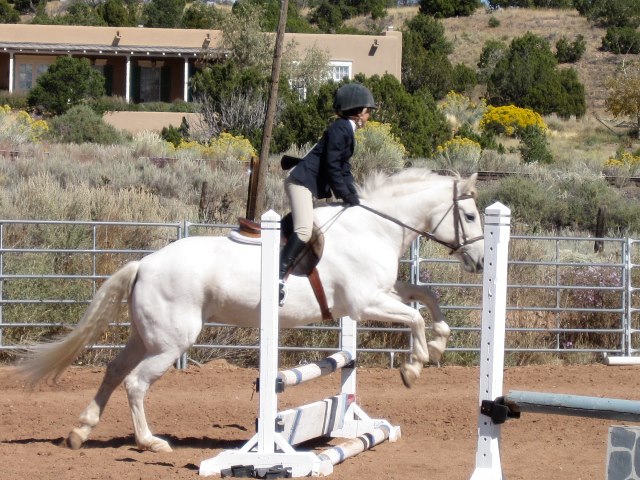September 7, 2014 - 03:01

Anne Dalke references Donna Haraway's idea of a"companion species." Though we evolved from animals and continue to interact with them, it seems that the gap between humans and the "other" is expanding. I question the idea that we have a "companion species" because even in the example Anne Dalke gave relating to how Haraway communicated with her dog; one cannot ignore the fact that dogs were domesticated by humans. Dogs have been trained for years to be friendly, obedient, constantly search for human attention, to love, and to care. Did they decide to be our pets? Do they critically think about why they obey our commands? Probably not.
In a biological sense we are humans, but why are we here?
Supposedly we are some of the most "advanced" species, but what is governing the decision to create an animal, humans, that actively destroys its environment and the "home" of other species? What do we help? What is our place? Many people have posted about the beauty, joy, and admiration they have experienced from their pets, yet they have been taught to display those qualities of loyalty. How much free will are pets really acting on or how much are they just responding to genetics, patterns of rewards, years of abuse, and fear?
It is astounding how often people "escape" the environment. Though we depend on animals for food and transportation, how often do people see the animals they eat, or interact with other species besides their pets? It is no wonder people see themselves as disconnected from other animals, because for the most part animals are viewed in captivity. Many of our notions of how animals interact are artificial and influenced by how they have behaved in rigid environments.
How can we sincerely help other animals? Humans are responsible for the extinction of at least one thousand species due to hunting, climate change, agriculture, pollution, overexploitation, and the introduction of species to environments where they do not naturally exist and have never resided. When we "try to help" prevent animals from becoming endangered or even extinct, how much are we truly supporting the animals? How much are we changing the natural cycle of death, life, different animal encounters, and the rise and fall of different animals? Would it be better to simply leave them alone? How can we be of service to other animals and not influence, tame, or/and control them?
I rode horses for eight years as a child. I had a pony named, "Azizah." "Azizah" means "cherished," "precious," "esteemed" in Arabic and "powerful" and "strong" in Hebrew. Azizah was willful and sometimes stubborn. I loved jumping with her over hurdles when she decided to comply with my demands. Unfortunately, we would often be cantering, have a lot of momentum, and then she would halt at the base of jumps. Though many were frustrated by her strong willpower and abstinence, I greeted her "shortcomings" as a challenge. I appreciated her free spirit and "wildness."
She was never "tamed." I do not know if she ever appreciated me, but I learned a great deal from her, specifically how to be perseverant. Sometimes animals do not come in pretty, cute, obedient boxes, but that does not make them any less treasured, loveable, beautiful, or valued.

